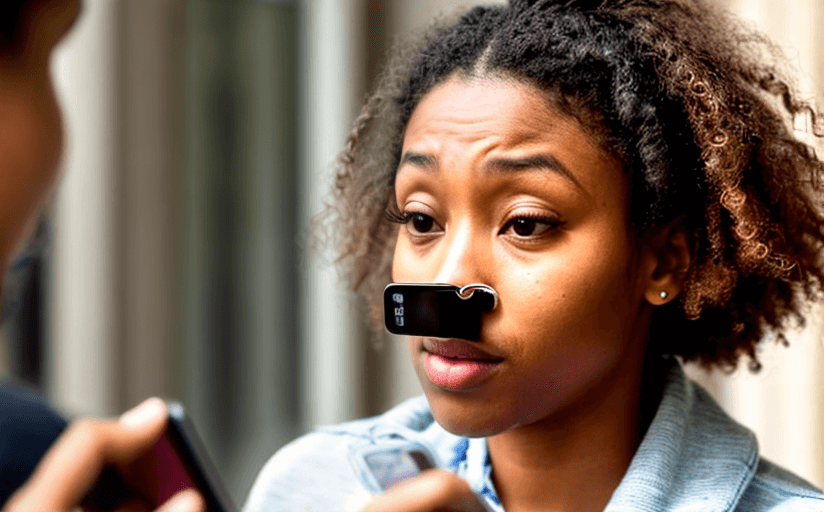Exploring the Potential Positive & Negative Impacts of Social Media on Mental Health
Social media has become an integral part of our lives, but it can also have a negative effect on our mental health. In this article, we will explore the potential positive and negative impacts of social media on mental health, as well as identifying some risk factors and strategies for reducing the negative impact of social media.
Negative Impacts of Social Media on Mental Health
One of the most serious negative impacts of social media on mental health is the feeling of low self-esteem and depression that can result from comparing your life to others’ online. Seeing the seemingly perfect lives of others can make you feel that your life is inadequate. Social media can also increase feelings of anxiety and stress, as users can be bombarded with notifications and messages at all times.
Another risk factor is cyberbullying. Cyberbullying has become increasingly common, and it can take a serious toll on a person’s mental health. Victims of cyberbullying often experience depression, anxiety, and sometimes even suicidal thoughts.
Strategies for Reducing the Negative Impact of Social Media
The best way to reduce the negative impact of social media on mental health is to limit your time on the platforms. Set a timer to remind yourself when it’s time to step away, and don’t be afraid to take a break from social media if it’s becoming overwhelming. You can also take steps to protect yourself from cyberbullying, such as blocking or muting users, and reporting any offensive or threatening messages.
It’s also important to remember that social media can be a great tool for staying connected with friends and family. You can use it to reach out to people, and even to seek help if you’re feeling overwhelmed or depressed.
Potential Ways That Social Media Can Be Used to Improve Mental Health & Well-Being
Social media can also be used in positive ways to improve mental health and well-being. For example, you can create a support network of friends and family who can provide emotional support, advice, and encouragement. You can also use social media to find and join online communities of people with similar interests or experiences, which can be a great way to build relationships and reduce isolation.
Lastly, you can use social media to stay informed and educated on mental health topics. There are many great resources available online, including blogs, videos, and forums, which can help you learn more about mental health and how to cope with difficult situations.
Conclusion
Social media can have both positive and negative impacts on mental health. It’s important to be aware of the risks and take steps to reduce the potential for harm. At the same time, it can also be used to build relationships, find support, and stay informed on mental health topics, which can help to improve mental health and well-being.
















Comments
Leave a Comment